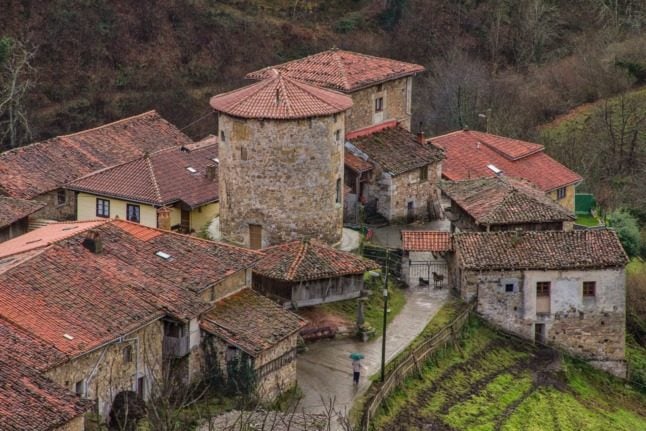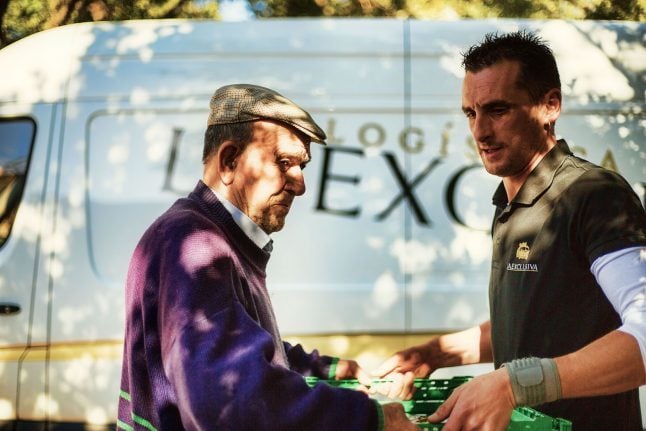INTERNET
Norway has slowest internet in Scandinavia
Norway has the slowest internet in Scandinavia and has even slipped behind former eastern block countries such as Romania, the Czech Republic and Latvia, according to a new global report.
Published: 19 May 2015 13:42 CEST

A woman shopping on the internet. Photo: Robert Schlesinger / NTB scanpix
According to the report, by US cloud service Akamai, information zips around Norway's internet at an average of 11.4 Mbps, ranking it only 15th worldwide.
Sweden, which came fourth place worldwide, led the field in Europe with an average speed of 14.6Mbps, followed by Switzerland at 14.5Mbps. Finland came 10th at 12.1Mbps, followed by Denmark in 11th at 11.9Mbps.
Torgeir Waterhouse of IKT-Norge, Norway's ICT industry trade body, told Aftenposten newspaper that Norway's lowly position in the ranking showed that the government should do more.
”It is important the we adapt to better our broadband development and that obstacles are removed, be it the municipalities or other bodies in the public sector,” he said.
South Korea enjoys the world's fastest internet, with an average speed of 22.2 Mbps, followed by Hong Kong and Japan.
The report also shows that there are big differences in the speed of broadband in different areas in Norway, with only 22% of IP-adresses reaching 15 Mbps or more. In South Korea, that number is 61%.
”There are big differences throughout the country, but it is not a classic town-country problem,” Waterhouse said. “We see that there are towns and villages in the country that have good internet.”
The Ministry of Transport and Communications have announced an investment of $37m to develop fast broadband in areas where it is not profitable.
Reynir Jóhannesson, political secretary at the ministry, told the paper that Norway had a problem with poor internet infrastructure.
”There are many measures we can take that all have their strengths and weaknesses, but nonetheless there is to great a difference in speed between those with good and those with poor broadband,” he said. “I understand that poor broadband can be a challenge. It’s one thing to be able to stream video, but broadband is also important for businesses. It's about wealth and about creating jobs.”
Url copied to clipboard!



 Please whitelist us to continue reading.
Please whitelist us to continue reading.